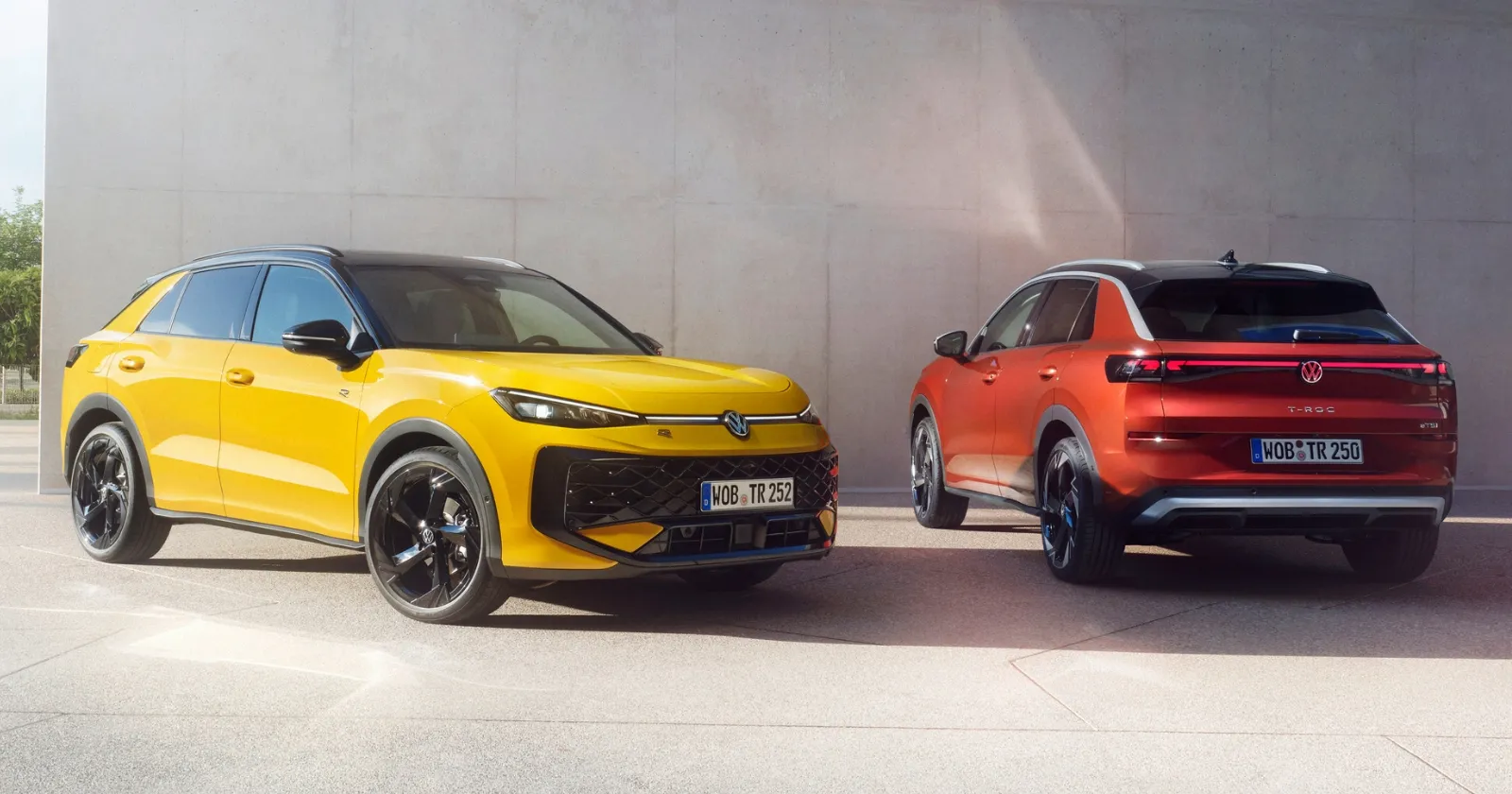
Volkswagen, whose India-specific EV launch window is likely in 2028, is evaluating short-term alternatives. (Representative image)
Share Post

Volkswagen, whose India-specific EV launch window is likely in 2028, is evaluating short-term alternatives. (Representative image)
Volkswagen AG has slashed the cost of developing electric vehicles (EVs) for the Indian market by nearly one-third and is actively scouting for a local partner to revive its long-stagnant presence in the country, according to people familiar with the matter, as reported by news agency Bloomberg. Europe's largest automaker has brought down its EV platform development cost for India to about $700 million from the earlier estimate of $1 billion, the people added, requesting anonymity.
The reset indicates the company's reluctance to continue committing billions of dollars to a market where it has secured only around a 2 per cent share despite nearly two decades of operations.
Volkswagen, whose India-specific EV launch window is likely in 2028, is evaluating short-term alternatives, including importing electric cars if a trade agreement between the EU and India makes such shipments more feasible.
Volkswagen is now prioritising a partnership model to share investment and risks, especially after talks with Mahindra & Mahindra Ltd. collapsed last year. Securing an Indian ally has become essential for unlocking further internal funding, the people added.
Skoda Auto Volkswagen India is in discussions with multiple potential partners -- including an Indian contract manufacturer -- and has also approached the JSW Group to explore a possible collaboration. JSW is the local partner of China's SAIC Motor Corp.
The Volkswagen Group sells vehicles in India under the Skoda and Volkswagen badges, along with luxury marques such as Audi, Porsche and Lamborghini. With India's stricter carbon-emission norms coming into effect from 2027, carmakers face mounting pressure to shift to cleaner technologies.
Volkswagen's nearly 2 per cent market share in India is a significant disappointment for the German automotive giant, which has operated in the country for approximately two decades. The modest market position has consistently fallen short of the company's aspirations for one of the world's fastest-growing automotive markets.
The limited success reflects multiple challenges including intense competition from established domestic players, pricing pressures in a cost-sensitive market, and difficulties adapting global products to Indian consumer preferences and regulatory requirements. The recent cost reduction signals acknowledgement that previous investment assumptions proved unrealistic given actual market performance.
Last year's failed partnership discussions with Mahindra & Mahindra represent a significant setback for Volkswagen's India electrification strategy. Mahindra, a leading domestic automotive manufacturer with growing electric vehicle capabilities, would have provided established manufacturing infrastructure, local market expertise, and distribution networks.
The collapse of those talks forced Volkswagen to fundamentally reassess its India approach, leading to both the cost reduction and the search for alternative partnership structures. The inability to secure Mahindra as a partner suggests challenges in finding arrangements acceptable to both potential partners regarding technology sharing, investment allocation, and control.
The approach to JSW Group, already partnered with China's SAIC Motor Corp. for the MG Motor brand in India, presents interesting dynamics. JSW's existing automotive manufacturing experience through the MG partnership provides relevant capabilities, though questions arise regarding exclusivity arrangements and potential conflicts between existing and new automotive partnerships.
Volkswagen's exploration of Indian contract manufacturers represents another potential pathway requiring less capital commitment than establishing wholly-owned facilities. Contract manufacturing would provide manufacturing capacity without the fixed asset investment typically required for automotive production.
This approach has gained traction in India's automotive sector, with several manufacturers successfully using contract arrangements to enter or expand in the market.
India's stricter carbon-emission norms effective from 2027 create a compressed timeline for Volkswagen's transition. The 2028 EV launch window leaves limited margin for development delays or partnership negotiations, particularly given the time required for vehicle development, testing, homologation, and manufacturing preparation.
MRF Inks ₹5,300 Crore Tyre Plant MOU In Tamil Nadu
Acko Drive Team 5 Mar, 2026, 4:54 AM IST
TVS Becomes Third-Largest Two-Wheeler Manufacturer in the World
Acko Drive Team 4 Mar, 2026, 12:41 PM IST
5 Interesting Colour Options On Indian Cars
Acko Drive Team 4 Mar, 2026, 12:30 PM IST
Actor Shahid Kapoor Brings Home Mercedes-Benz G 450d Worth ₹2.9 crore
Acko Drive Team 4 Mar, 2026, 10:20 AM IST
Volvo Brings New UX to 2.5 Million Older Cars With its “Largest OTA Software Update Ever”
Acko Drive Team 4 Mar, 2026, 9:27 AM IST
Looking for a new car?
We promise the best car deals and earliest delivery!
